Increasing cash flow is a critical aspect of financial management.
Is your bank account singing a holiday blues ballad instead of a jingle of abundance? Fear not, money-minded friend! We’ve all been there, staring at dwindling numbers and wondering how to turn that trickle into a torrent. But fret no more, for this blog is your cash flow oasis. Here, you’ll discover tried-and-true strategies, actionable tips, and long-term tactics to boost your income, tighten your spending, and watch your financial wellspring overflow.
Forget vague generalities and empty promises. We’re diving deep into the nitty-gritty, tackling everything from leveraging side hustles to negotiating like a pro, optimizing your budget to mastering the art of smart saving. Whether you’re a freelancer facing feast-or-famine cycles, a small business owner yearning for expansion, or simply someone seeking financial freedom, this is your roadmap to reclaiming control and building a thriving cash flow engine.
Increasing your cash flow is a critical aspect of financial management, whether you’re an individual looking to bolster your personal finances, a small business owner aiming to enhance profitability, or someone simply striving for a more secure financial future. At its core, increasing cash flow involves two fundamental approaches: maximizing the money coming in and minimizing the money going out. This multifaceted task demands not only a keen understanding of one’s financial landscape but also a proactive approach towards income generation and expense management. From leveraging additional income sources and optimizing existing revenues to implementing cost-saving measures and prudent financial planning, the journey to improve cash flow encompasses a variety of strategies. In this discussion, we will delve into practical and effective methods to boost your cash flow, offering insights that cater to a wide range of financial scenarios. Whether you’re looking to stretch your paycheck further, grow a business, or simply ensure a more comfortable and secure financial cushion, understanding and applying these principles can be a game-changer in your financial journey.
Increasing your cash flow involves strategies to boost the amount of money flowing into your finances while managing or reducing the amount flowing out. Here are several key strategies to consider:
I. Enhance Your Income:
“Enhance Your Income” is a crucial topic in personal finance and economic stability, focusing on strategies to increase the amount of money you earn. This enhancement can lead to improved financial security, greater freedom in personal and professional choices, and the ability to pursue long-term financial goals such as retirement, education funding, or wealth accumulation. Here are several strategies to consider:
- Seeking Higher Pay in Your Current Role:
- Negotiate a Raise: Prepare a case for a salary increase by highlighting your accomplishments, responsibilities, and the value you bring to the company.
- Pursue Promotions: Identify and work towards promotion opportunities within your organization.
- Acquiring Additional Skills and Education:
- Continuing Education: Engage in courses or certifications that can increase your value in your current job or open up new career opportunities.
- Learning In-Demand Skills: Focus on skills that are in high demand in your industry or in industries you are interested in.
- Taking on Additional Work:
- Part-Time Jobs: Consider a second job during off-hours.
- Freelancing and Consulting: Use your existing skills to offer services independently.
- Exploring New Career Paths:
- Career Change: Transition to a career that offers better pay and growth opportunities.
- Starting a Business: Use your expertise and interests to start your own business, which could offer higher income potential.
- Leveraging the Gig Economy:
- Ride-Sharing, Delivery Services: Platforms like Uber, Lyft, or food delivery services offer flexible ways to earn money.
- Freelance Platforms: Websites like Upwork or Fiverr can connect you with freelance opportunities.
- Investing in Real Estate:
- Rental Income: Purchasing property to rent can provide a steady stream of income.
- Creating and Monetizing Content:
- Blogging, Podcasting, YouTube : These platforms can generate income through advertising, sponsorships, and affiliate marketing.
- Developing Passive Income Streams:
- Dividends Stocks or Funds: Invest in dividend-paying stocks or mutual funds.
- Write a Book or Online Course: Create resources that can be sold repeatedly over time.
- Sales and Commission-Based Roles:
- Sales Jobs: These roles often offer the potential for high earnings through commissions.
- Networking and Personal Branding:
- Build Professional Networks: Networking can lead to new job opportunities or freelance work.
- Enhance Online Presence: A strong online presence can attract job offers and business opportunities.
Each of these strategies involves different levels of commitment, risk, and potential reward. It’s important to assess your personal situations, skills, and interests when deciding which strategies to pursue. Additionally, balancing time commitments and potential stress is crucial, especially when juggling multiple roles or responsibilities. Enhancing your income is not just about working harder, but also about working smarter and making strategic decisions that align with your long-term financial goals.

II. Pursue Passive Income Sources:
Pursuing passive income sources is a strategic approach to generating additional revenue streams that require minimal ongoing effort after the initial investment of time, money, or both. This concept is popular for its potential to provide financial security and freedom, allowing individuals to earn money even when they’re not actively working. Here are several effective methods for developing passive income:
- Investing in Dividend Stocks:
- Stock Market: Invest in shares of companies that pay regular dividends. This approach requires research and sometimes a tolerance for risk, but can yield regular, passive income.

- Real Estate Investments:
- Rental Properties: Buying property to rent out can provide a steady stream of income. Although it requires an initial investment and occasional maintenance, much of the income is passive.
- Real Estate Investment Trusts (REITs): If direct property ownership isn’t feasible, REITs are a way to invest in real estate markets without owning physical property.3. Creating Digital Products:
- * E-books, Online Courses, and Webinars: Photography:Creating digital content like e-books or courses can provide income long after the initial work is done.
- *Stock Photography : If photography is a skill or hobby, selling photos to stock photography websites can generate ong income.4. Peer-to-Peer Lending: Websites that facilitate peer-to-peer lending allow you to lend money to individuals or small businesses online, earning income through interest payments.5. Affiliate Marketing :
- Blog or Website : If you have a blog, YouTube channel, or website, you can use aff marketing to earn commissions on products or services sold through your links.6. High-Interest Savings Accounts and CDs:
- Interest Earnings: While the returns are typically lower than other investment forms, high-interest savings accounts and Certificates of Deposits (CDs) offer a completely passive way to earn money through interest.7. Automated Businesses:
- Dropshipping: Running an online store where a third party handles inventory and shipping can create passive income, although it might require some active management.
- Vending Machines: Owning vending machines can be a source of passive income, requiring only occasional restocking and maintenance.8. Royalties from Intellectual Property :
- Music, Patents, Software: If you create something unique like music, inventions, or software, you can earn royalties from these intellectual properties.9. Ad Revenue :
- Blogging, Podcasting, YouTube Channels: Generating content can build an audience, and ad revenue from these platforms can become a significant passive income source.10. Renting Out Assets:
- Equipment, Vehicles: Renting out personal equipment or a vehicle when not in use can generate income.When pursuing passive income, it’s important to consider the initial investment, the potential returns, and the level of ongoing effort required. Some passive income streams may require substantial upfront work (like writing a book or setting up a rental property), while others might need significant financial investment (like buying dividend stocks or real estate). The key is to find a balance that suits your current financial situation and long-term goals. Additionally, diversifying your passive income sources can reduce risk and create a more stable income over time.
III. Optimize Your Current Finances:
- Budgeting: Create and stick to a budget to control expenses.
- Reducing Debts: Focus on paying down high-interest debts, which can free up more cash.
- Refinancing: Refinance high-interest loans or mortgages to lower rates.
IV. Cut Unnecessary Expenses;
- Review Subscriptions: Cancel unused or non-essential subscriptions and memberships.
- Energy Efficiency: Implement energy-saving measures to reduce utility bills.
- Smart Shopping: Look for discounts, buy in bulk, or choose generic brands.
V. Business Optimization (If Applicable):
- Increase Sales: Implement marketing strategies, improve sales techniques, or expand your product line.
- Cost Reduction: Streamline operations, negotiate with suppliers, or outsource non-core activities.
- Efficiency Improvement: Invest in technology or processes that save time and money.
VI. Tax Efficiency:
- Tax Planning: Use tax-advantaged accounts like IRAs or 401(k)s.
- Deductions and Credits: Ensure you’re taking advantage of all applicable tax deductions and credits.
VII. Emergency Fund:
- Build Savings: Having emergency fund can prevent the need for high-interest borrowing in case of unexpected expenses.
VIII. Education and Financial Literacy:
- Continous Learning: Stay informed about financial trends, investment opportunities, and money management strategies.

IX. Networking:
- Build Connections: Networking can lead to new business opportunities, job offers, and valuable partnerships.
X. Health and Wellness:
- Invest in Health: Good health can prevent expensive medical bills and ensure you are always capable of working.
Implementing these strategies requires a balanced approach, personal discipline, and sometimes an upfront investment of time or money. Regularly reviewing and adjusting your strategies as your financial situation evolves is also crucial for continued success in increasing your cash flow.
This post aims to be informative and engaging. If you found the content helpful, I’d love to hear your thoughts in the comments below.
Do you have any questions related to the topic or feel something needs further explanation? Feel free to ask! I’m always happy to provide additional information or resources that might be helpful. Thank you.

